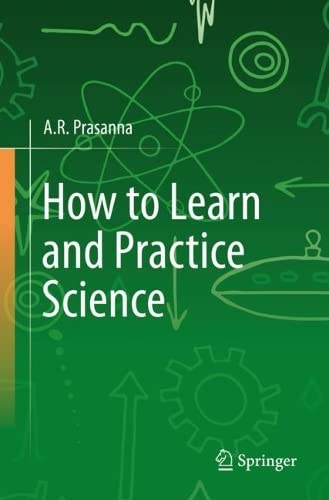

Most ebook files are in PDF format, so you can easily read them using various software such as Foxit Reader or directly on the Google Chrome browser.
Some ebook files are released by publishers in other formats such as .awz, .mobi, .epub, .fb2, etc. You may need to install specific software to read these formats on mobile/PC, such as Calibre.
Please read the tutorial at this link: https://ebookbell.com/faq
We offer FREE conversion to the popular formats you request; however, this may take some time. Therefore, right after payment, please email us, and we will try to provide the service as quickly as possible.
For some exceptional file formats or broken links (if any), please refrain from opening any disputes. Instead, email us first, and we will try to assist within a maximum of 6 hours.
EbookBell Team

5.0
18 reviewsThis book is a small but practical summary of how one can and should learn science. The author argues that science cannot be taught but has to be learnt. Based on historical examples he shows that practicing science means putting one’s intellect into the understanding of simple questions like what, why, how and when events around you happen. The reader understands that the search for the cause and effect relationship of so called normal happenings is a very provocative experience and learning science leads one to it. This is underpinned by looking at everyday experiences and how they can help any lay-person learn science.
The author also explains the methodology of science and discusses an integrated approach to science communication. Finally he elaborates on the influence and role of science in society. The book addresses interested general readers, teachers and science communicators.